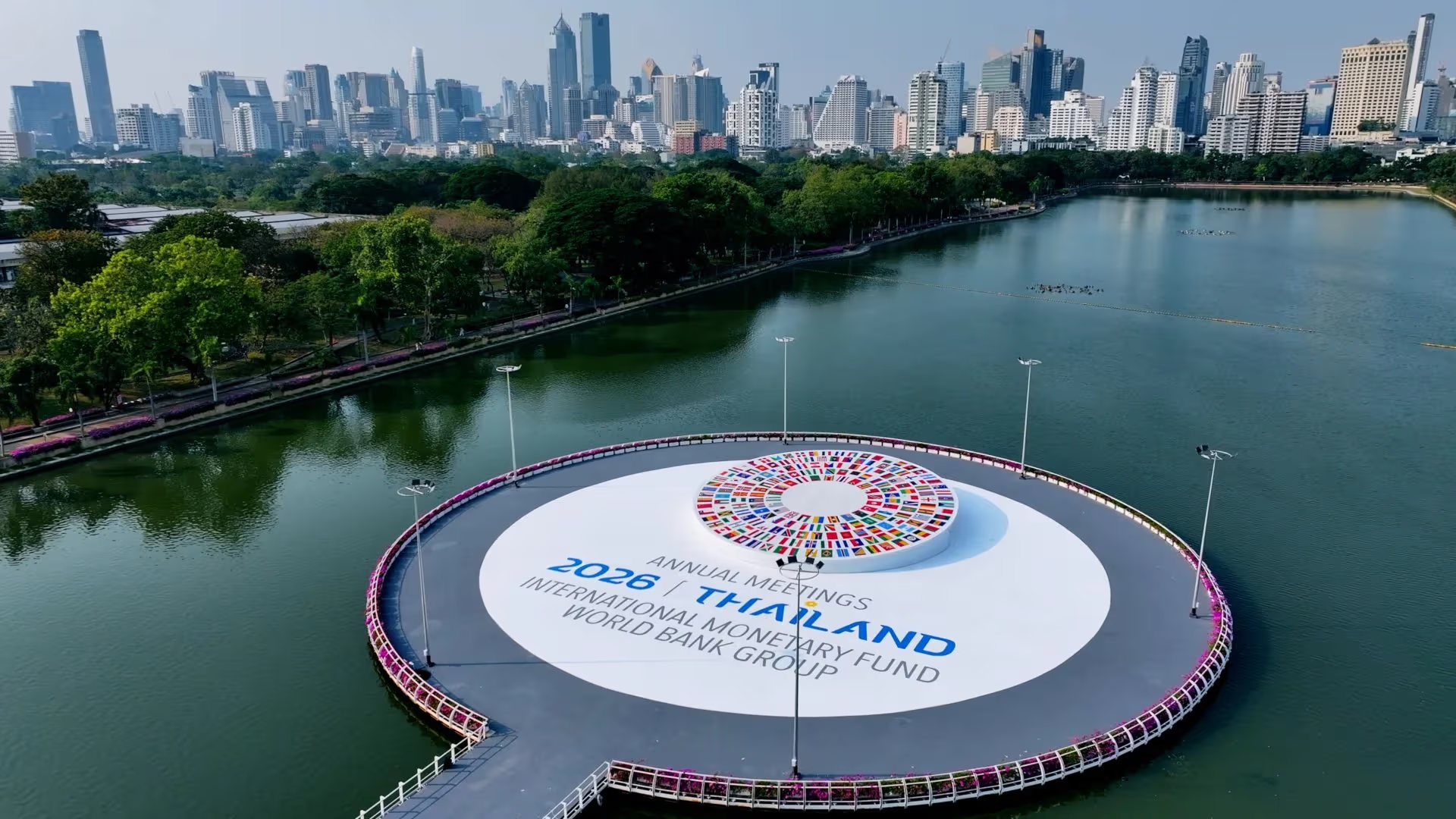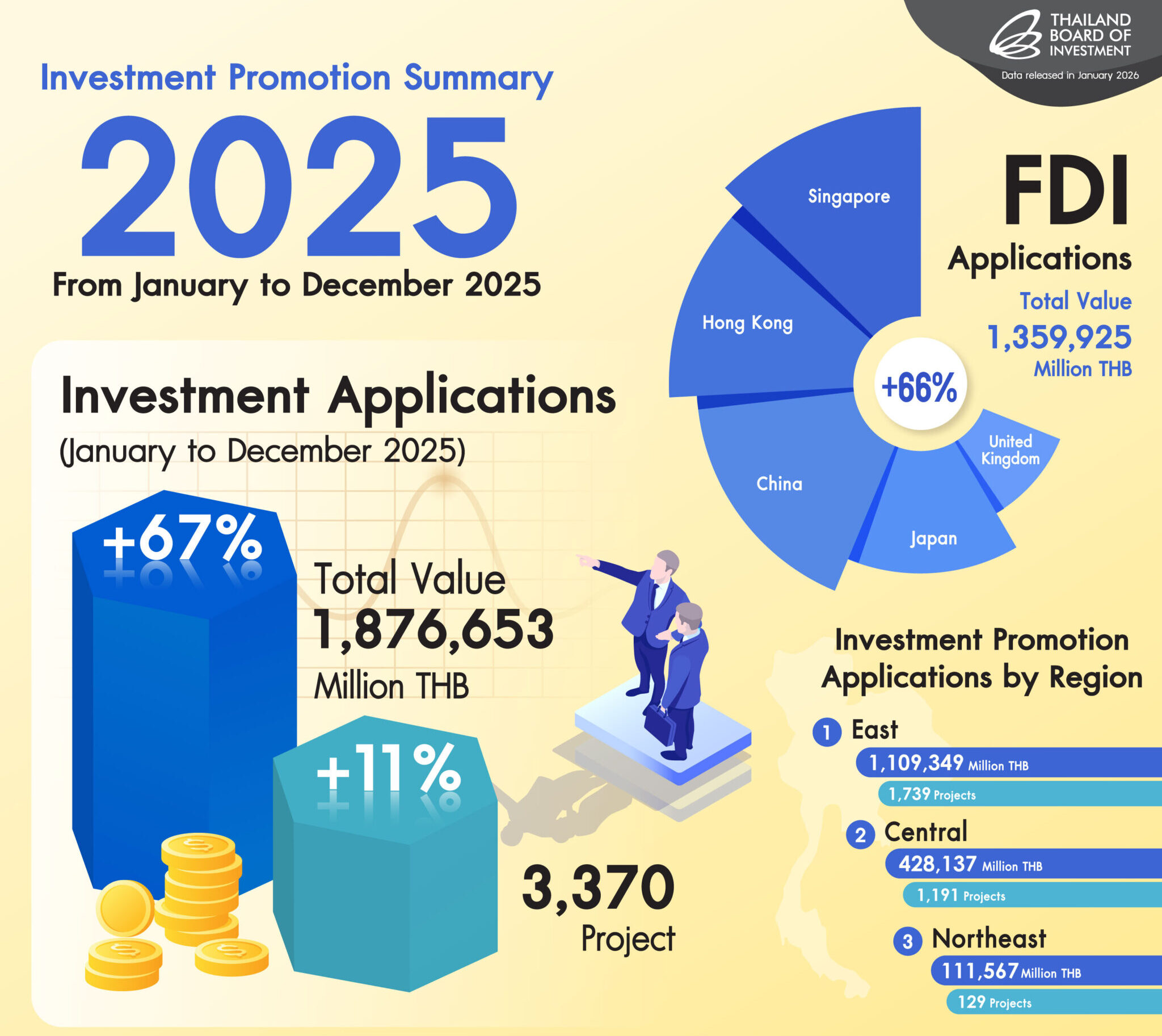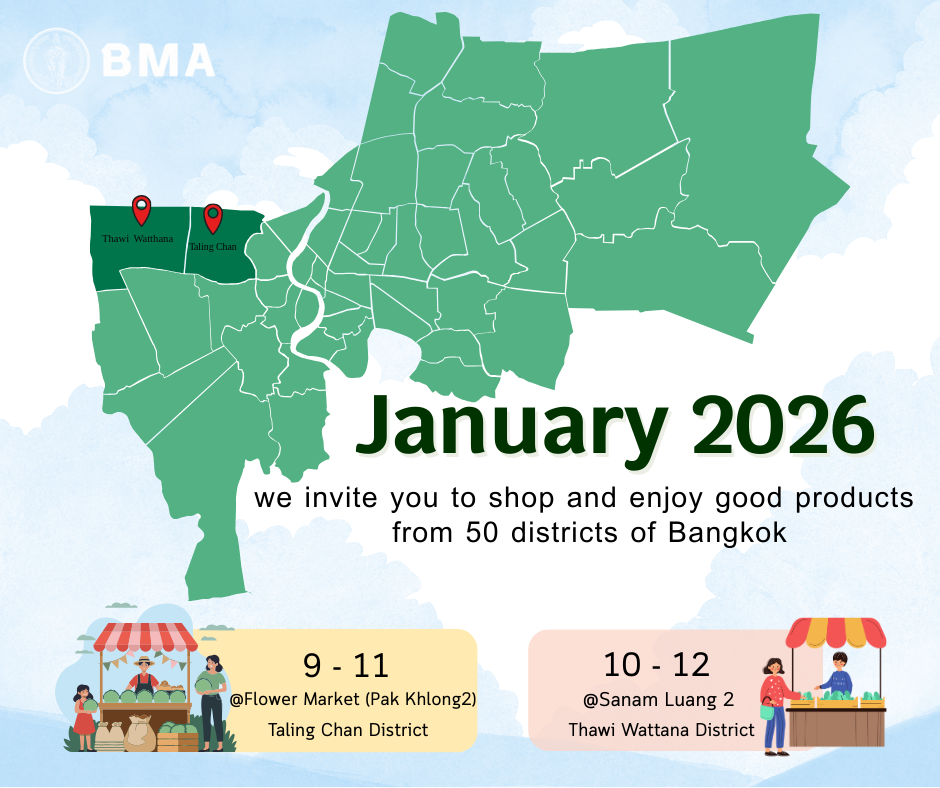
In Southeast Asia, in particular, President Donald Trump’s implementation of a comprehensive tax reform plan in early 2025 has had a profound impact on global investment patterns. Knowing the direct and indirect impacts of this strategy is particularly important for foreign investors, including opportunities in Thailand, especially in Bangkok.
Let’s see the direct and indirect impacts on investment in Bangkok as follows.
<p> •Direct Impacts on Investment in Bangkok</p>
One of the key features of the 2025 US tax reform is the repatriation of American business profits and the imposition of higher import duties on Asian imports. These measures have prompted a rapid shift in foreign direct investment (FDI) flows. American multinationals are reevaluating their global investment strategies, which could see FDI redirected away from Bangkok or temporarily reduced.
Higher tariffs on commodities from ASEAN countries are also impacting current supply chains. As a major industrial and logistics hub in the region, Bangkok presents both opportunities and challenges. While some may benefit from the trend of relocating production closer to their home markets, others may delay or change their investments due to tariff uncertainty.
- The effects on the market include both direct impacts and those that occur without any direct action taken.
Trump’s tax proposal influences the market and affects investors’ sentiments in ways that are not directly related to financial factors. It’s difficult to invest right now because we don’t know enough about tariff extensions and trade retaliation. To lower their risks, some foreign investors may decide not to grow their businesses or buy a wider range of properties in other areas.
- However, the Thai government is still addressing these issues.
Certainly, the effects of this tribulation have not occurred only in Bangkok, but also throughout the country. Thailand is preparing specific plans to strengthen the economy so that trade can continue until July 9, 2025, when U.S. tariffs will be put on hold for 90 days. The delay will aid exporters. These actions show that Thailand is serious about keeping its image as a positive place for investors.
Furthermore, the stronger US dollar against the Thai baht has led to currency movements, which complicates the situation. This volatility could impact sectors such as retail, manufacturing, and tourism, which heavily rely on imports, thereby affecting their operating expenses and investor confidence.
- The market experiences both direct and indirect effects.
Strategies to attract and retain Foreign Investment in Bangkok
For foreign investors considering Bangkok as a strategic base, there are several important considerations:
Strengthening Local Partnerships: Collaborating with Thai companies can provide stability amidst global trade uncertainties. Local alliances help navigate regulatory environments and tap into domestic market knowledge. For long-term investment, understanding the local market is important.
Leveraging BOI Incentives: The Thailand Board of Investment (BOI) offers competitive tax incentives and support for investors in priority sectors. Using these incentives, you can optimize operational costs and improve profitability under new tax regimes. And during this hard time, you may get some incentives that have more benefits in your business.
Diversifying Regional Exposure: Expanding operations within Southeast Asia, alongside Bangkok, helps mitigate regional risks associated with U.S. policy changes.
Optimising Corporate Structure: Engaging with legal and tax consultants to align corporate structures with both Thai regulations and U.S. tax laws ensures compliance and maximises benefits under double taxation treaties.
- Bangkok’s Enduring Appeal to Foreign Investors
Bangkok is nonetheless one of Southeast Asia’s most active and robust economic centres, even though it faces challenges outside. The city has strong facilities and a domestic market with more than 10 million customers, a digital economy that is growing quickly (including fintech and e-commerce), and a logistical network that is essential for trade in the region.
Thailand’s proactive administration and long-standing economic ties with the United States make it a stable place for investors who want to see long-term progress. The continued partnership, which was highlighted at events like “U.S.-Thailand Collaboration: Networking for Future Business Opportunities”, shows that both countries are committed to working together economically.
Trump’s tax strategy for 2025 makes things harder for foreign businesses in Bangkok, but it also gives them chances to adapt and develop more strategically and sustainably. Investors may successfully deal with this changing economy by knowing how both direct and indirect effects work, making a plan, grabbing an opportunity, taking advantage of Thailand’s supportive policies, and welcoming regional diversity as a new market of your business.
Foreign investors who make and change their plans strategically will protect their money and benefit from Bangkok’s unique advantages in the new global economy. As we know from the risk management scheme that dealing with high-risk events may generate high returns!.



